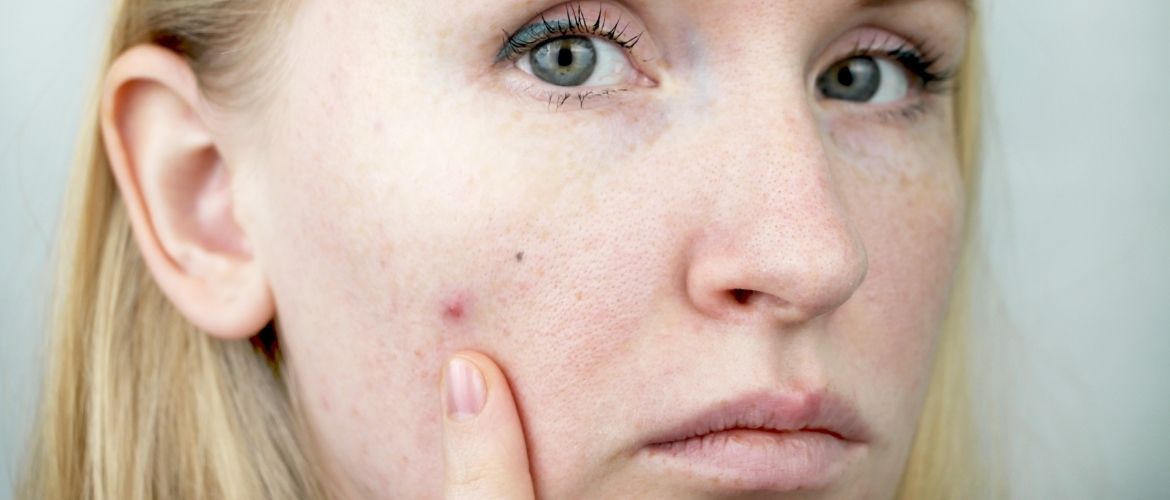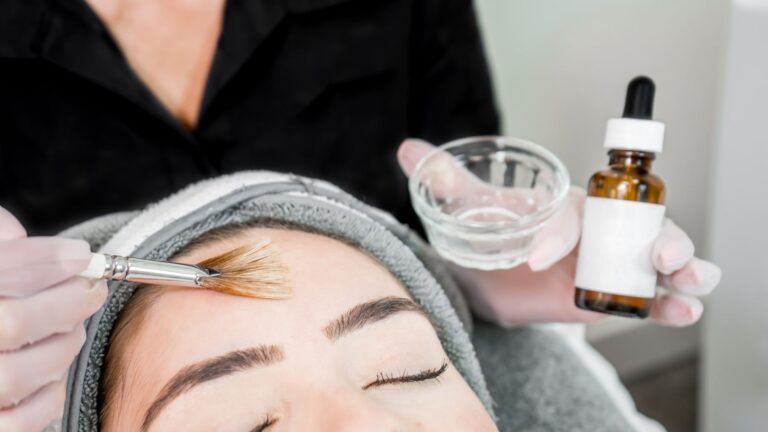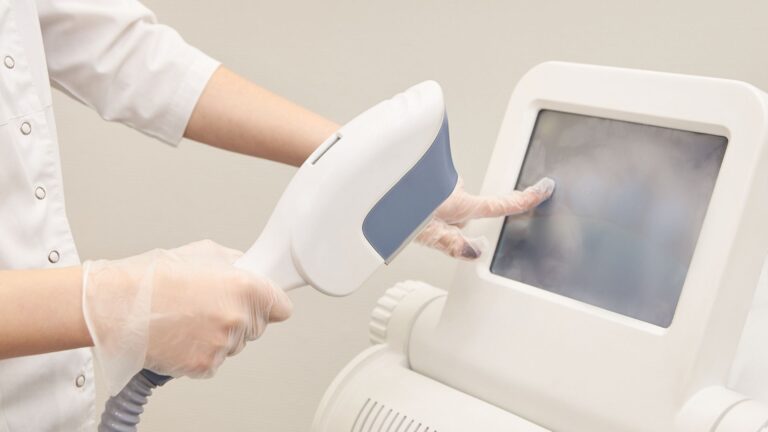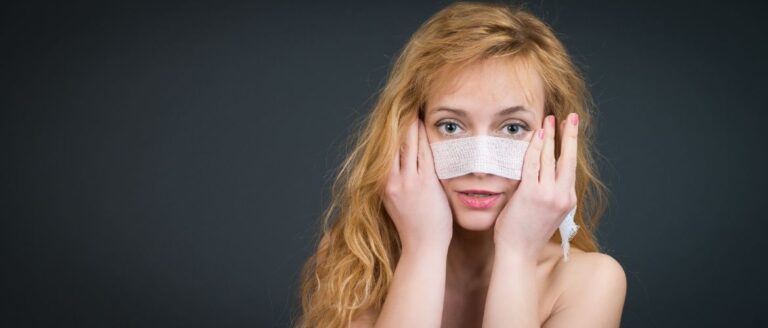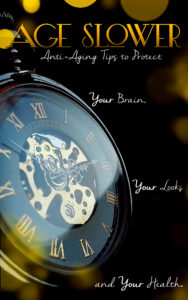Introduction: Why acne in your 30s?
Teenage years are filled with surprises. One such surprise is acne blemishes appearing on the face out of the blue. But we all hope to outgrow acne by our early 20s. It is prevalent in the teenage years when puberty sets in and the hormones are in full swing. What do you do when these irritating facial skin intruders refuse to leave you alone when you are no longer in your teens? Can you can still have acne in your 30s? A few reasons might explain why.
Understanding what causes acne is the first step toward restoring your face to smooth perfection. Before we get right into some of the many reasons you might still have acne in your 30s, let’s first understand what acne is and what causes it, and how to treat it.
Acne in 30s: What it is and its causes
We indeed think acne is merely an effect of hormonal changes during adolescence, but it’s much more than that. Acne has many more causes than we realize, which may explain its persistence. There are pores on the skin that can become clogged with oil, skin cells, and bacteria. In no time, the congestion starts causing inflammation on your skin, causing a cascade of events resulting in acne.
Acne isn’t a life-threatening skin condition, but it can be pretty uncomfortable. It can also leave permanent scarring, especially if you still have acne in your 30s.
9 Reasons Why You Might Still Get Acne in Your 30s
Hormonal Imbalances
Hormones remain the top, most common reason for acne among females, especially. Fluctuation of certain hormones associated with menstruation, polycystic ovarian syndrome, menopause, and increased androgen levels can cause or worsen acne.
Typically, hormonal adult acne appears on the lower part of your face. These areas include the bottom of your cheeks and around your jawline.
In some people, hormonal acne manifests as blackheads, whiteheads, small pimples that enlarge, or cysts. The cysts form deep under the skin and do not appear on the surface. These cysts are often tender to the touch.
High-Stress Levels
An increased level of stress may also contribute to acne in your 30s. Stress affects our bodies in different ways. It can increase androgen levels, leading to an increase in skin oil production. Skin oil gland hyperactivity can lead to clogged pores, skin inflammation, and acne breakouts. Stress reduction measures can help reduce acne breakouts. Be sure to take a break after a stressful day. Stress can be physical or emotional. Acne may indicate that you need to take a break.
Using the Wrong Skin Care Products
Paying attention to your skin is vital. What’s more important is doing it correctly. The majority of skincare products on the market aren’t meant for you. Frequently, they contain chemicals that cause more harm than good to your skin. Over time, your skin reacts, and acne is one of the reactions. Another reason is not correctly researching products before using them. Even if you use the right products, they may not work well for you.
You might be allergic to one or more of the ingredients used in the product. Your skin could break out with acne as a result of these allergic reactions. Before using any skincare product on your skin, research it carefully. Look out for harmful chemicals or ones you are allergic to, and avoid them. Additionally, look for oil-free, non-comedogenic skincare products. Use cleansers and moisturizers in your skincare routine to cleanse and refresh your skin after a long day or after using these skincare products.
Genetics
Acne can sometimes be inherited and passed from family member to family member. Acne caused by genetics is relatively common and can last beyond your 30s. If your grandparents, parents, cousins, or other family members have severe acne, you are more likely to have acne. Hereditary acne can be treated, so there’s no need to worry. Make sure to visit a board-certified dermatologist for an acne consultation and the best acne treatment.
Effects of Medications
Acne can also be a potential side effect of certain medications. While some medications can trigger an acne breakout, some can worsen existing acne. The first step is to determine which medication is causing the problem. If the acne breakout side effect is tolerable, or if the medicine is being used for a short period, you should discuss acne treatment options with your doctor. However, if your acne is severe or if you will be taking the offending medication for an extended period, you should see a dermatologist.
Health Issues
We receive signs from our bodies in different ways when something is wrong. Usually, skin reactions are symptoms of a more serious underlying health condition. Acne might be one of the signals your body sends you when something is wrong. One example is polycystic ovarian syndrome, a chronic health condition accompanied by severe acne challenging to treat. In such cases, usual acne treatments may not work. A dermatologist can diagnose the cause of acne and prescribe the most effective treatment.
Shaving Techniques
Traumatic facial hair removal techniques can also cause acne in your 30s. Shaving can irritate hair follicles, causing skin conditions like acne. When facial hair is removed with the wrong tools, it can cause skin inflammation resulting in acne.
When purchasing hair removal creams and shaving creams, there are two things to look out for. The first thing you should do is find out what ingredients they are made of and how they get to your skin. In addition, these products may be comedogenic, causing further skin damage.
Second, do not introduce too many hair removal products at once. If you have a skin reaction, it might be challenging to identify the cause.
New Environment
You may experience adverse effects on your skin after a change in location because of changes in climate and environment. Climates with hotter temperatures and intense sunlight have a higher chance of damaging your skin and causing breakouts than other climates. Often, our skin adapts swiftly to these changes. Still, it may also react negatively in some cases, resulting in certain skin conditions such as acne.
Use the best acne-fighting skincare products, cleansers, moisturizers, and sunscreen when you move from one climate to another. Avoid excessive sun exposure and heavy makeup.
Your Diet
A healthy, balanced diet leads to a healthier body, and the same goes for the skin. You look and feel your best when you eat well. A poor, unhealthy diet can have the opposite effect on your body and skin. Acne can signify a lack of nutrients necessary for healthy skin immunity against bacteria, diseases, and unfavorable conditions. Include fresh, nutritious whole foods in your diet and reduce refined, processed foods and sweets.
FAQ – Acne in your 30s
Is sunscreen safe for acne-prone skin?
Mineral sunscreen is recommended for acne-prone skin. You should ask your doctor about sun protection if you are on acne treatments that make your skin sun-sensitive.
Can Makeup Cause Acne in your 30s?
Makeup can clog your pores and make you prone to acne breakouts. In addition, makeup brushes and applicators can harbor germs that inflame the skin and promote acne.
Can touching my face worsen acne in my 30s?
The answer is yes! We touch so many surfaces and people with our hands, as well as a lot of bacteria. By touching your face constantly, you transmit these harmful bacteria to your skin. This habit can result in acne. Avoid touching your face and wash your hands frequently.
Can the Reason for Acne in my 30s be my skin type?
Oily or combination skin types are prone to acne. By using an acne-fighting skincare routine, you can reduce the oiliness of your skin and promote radiance.
Conclusion: Get Acne Under Control in your 30s
Having acne in your 30s could be a result of any of these highlighted reasons. Each factor can play an independent role or can combine to create prolonged acne on the skin. Book an acne appointment with our board-certified dermatologist to evaluate the causes for your acne and effective treatment. Need paraben-free, vegan-friendly skincare products that are best suited to your skin type? Visit our website.

Adebola Dele-Michael, MD
After helping thousands of people with skin and hair challenges, Adebola Dele-Michael, MD covered a wide range of topics in the skin and hair industries. Her mission is to fill the knowledge gap in caring for hair and skin of color.

